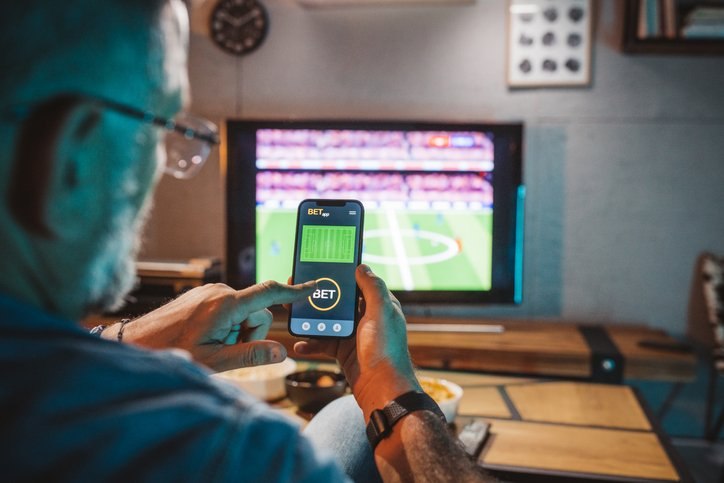The FBI announced in late October the arrests of NBA player Terry Rozier, who is accused of participating in an illegal sports betting scheme, as well as current NBA coach and ex-player Chauncey Billups.
YouGov asked Americans how often, if at all, they believe professional athletes alter how they play to help gamblers win sports bets, how they feel about legalized sports betting, and more.
The survey, conducted in the immediate aftermath of the FBI’s match-fixing announcement, found that 65% of Americans believe that professional athletes alter how they play to help gamblers win sports bets.
Broken out, 13% said they think athletes often alter their play, 32% thought they did it sometimes, and 19% said match-fixing behavior happened rarely. Only 6% of Americans believe athletes never alter how they play to help sports gamblers win bets, while 29% were not sure.
The survey also asked Americans whether or not they have ever bet on a sporting event, finding that more than a quarter (28%) said they have gambled on sports.
Most US sports bettors think athletes alter how they play because of gambling
The data reveals a notable disparity in perceptions between the general US population and sports bettors regarding whether professional athletes alter their play to influence gambling outcomes, with sports bettors being more distrustful.
While 32% of the general population believe this occurs "sometimes," this figure rises to 38% among sports bettors.
Furthermore, 18% of sports bettors think it happens "often," compared to just 13% of the general population.
In total, combining respondents who said often, sometimes, or rarely, more than four-fifths of US sports bettors believe athletes alter how they play because of sports betting. This suggests that those more closely involved with sports betting have a higher level of skepticism about the integrity of professional sports.
Americans more likely to think gambling has negative than positive impact on sports
The survey also reveals a significant disparity in perceptions between sports bettors and the general US population regarding the impact of legalized gambling on sports.
While 24% of sports bettors view the impact as positive, only 9% of the general population share this sentiment.
Conversely, 44% of the general population believes legalized gambling has a negative impact on sports, compared to 31% of sports bettors.
Those involved in sports betting have a more favorable view of its effects on sports than the broader public, though even sports bettors are more likely to think it’s harming sports than helping.
Sportsbooks experiencing declining reputations among the general public
YouGov's latest BrandIndex data also reveals significant shifts in the reputation of major sportsbooks among American adults.
The BrandIndex reputation score measures how proud or embarrassed the average American (aged 21+) would be to work at each sportsbook. Across the top 10 sportsbooks tracked, reputation fell by 1.1 percentage-points since 2024.
Bet365 maintains its top position despite a slight dip, while Betway shows marginal improvement. ESPN BET and BetMGM experienced notable declines, with BetMGM dropping 2.2 points year-over-year.
The most dramatic changes were seen in FanDuel and DraftKings, the most well-known online sportsbooks, both falling 3.1 points to negative net reputation scores.
These fluctuations reflect the dynamic nature of the sports betting market and could indicate changing consumer perceptions or industry challenges.
The data, based on 19,000 nationally representative interviews, provides valuable insights for stakeholders in the sports betting industry.
Please get in touch to understand sportsbook sentiment shifts based on demographics, betting frequency, sports or team fandom, trust in the integrity of athletes and leagues, and more.
